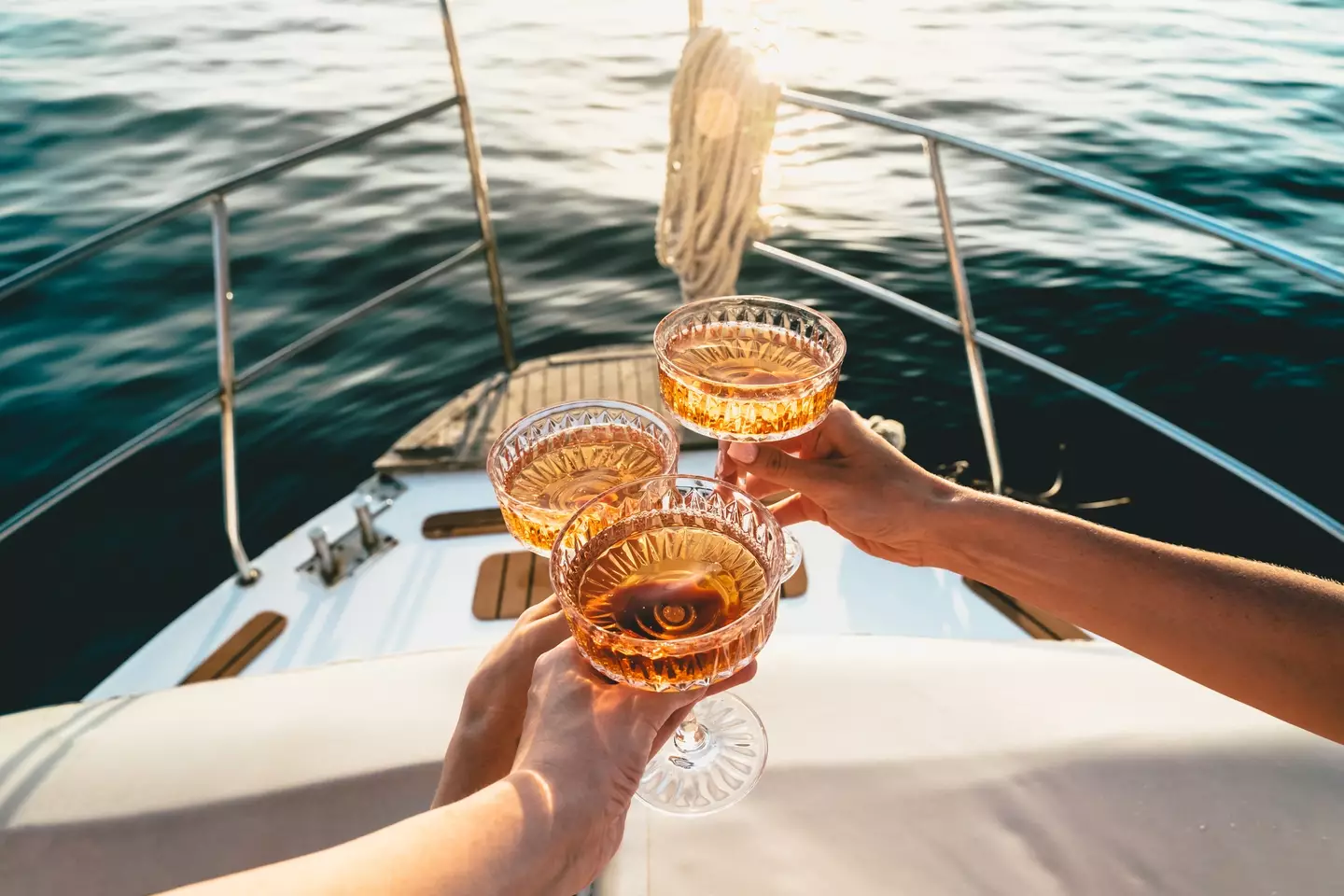An insider from the cruise industry has exposed the harsh truths of working on superyachts.
Many of us have likely caught an episode of Below Deck, giving a glimpse that life on these luxury vessels isn’t all opulence and luxury – unless you’re one of the affluent charter guests, of course.
While the financial rewards can be significant, enduring 16-hour workdays and constantly attending to guests’ whims means the job is anything but easy.
For those considering a maritime career, it’s crucial to understand what you’re signing up for before making the leap.
An expert with ten years of seafaring experience has shared insights into the realities of life as yacht crew.
Lucy, a Brit who uses the social media handle @cruisingascrew, hasn’t personally worked on a yacht, but she has interacted with numerous yacht workers who transitioned to cruise ship roles.
Through these interactions, she’s gained a deep understanding of what working on yachts entails.

In a new YouTube video, she delves into a comparison between working on yachts and cruise ships.
A significant topic she covers is the drug and alcohol culture often associated with yacht life.
While emphasizing that not everyone on yachts indulges, Lucy notes that yachts can be perceived as ‘a drug-friendly environment,’ with some guests and crew partaking.
This issue is not unheard of among cruise ship workers either, but according to Lucy, it seems more prevalent in the yachting world.
She pointed out that on cruise ships, alcohol is more of a concern, despite strict policies against it.
“When I was on ships, especially certain ships, I drank more than I would have organically just because it was part of the culture to do so,” she revealed.
Reflecting on her start in the industry at 19, she describes herself as ‘so naive.’
During those early years, she admits succumbing to peer pressure when it came to drinking. However, now at 30, she feels much more assured in her decisions.
“If someone’s egging me on to drink or do something I don’t want to do now, you know, I’m going to say no. At 19, did I always say no? No.”
Lucy points out that younger crew members may be more susceptible to peer pressure and the hidden drinking and drug culture on board.
While both yachts and cruise ships have their share of ‘seedy things’ as Lucy puts it, she notes that yachts tend to be less regulated due to private ownership. “It doesn’t happen as much on cruise ships as it does on yachts because yachts are privately owned and, you know, things happen because it’s just the industry is just not as regulated.”
As a result, illicit activities may be ‘more visible and accessible on yachts than on cruise ships.’
Lucy doesn’t suggest that either environment is without its issues. In her words: “There’s definitely seedy things that happen on both cruise ships and yachts. Neither one is perfect, but I do think that is just something you should be aware of when making your [decision].”

